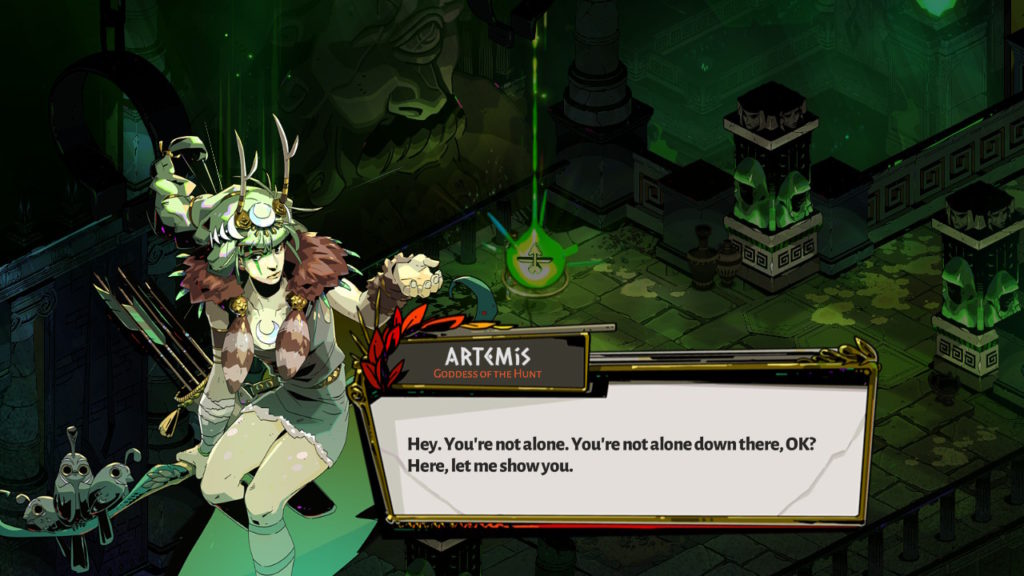
Hades: An Ode to Family Trauma
Mom,
I hope you know I don’t blame you. Well, not completely anyway.
As we enter our second round of not speaking to one another, I suspect you might be left alone with thoughts that lead you to believe otherwise, and for that I’m sorry. I never wanted to hang up on you like that. I never wanted to add to your immeasurable grief–the grief you carry alone, certain it is out of sight and beyond comprehension. And to a certain extent, you’re right. I’ll never understand the hardships you’ve endured, or fully appreciate how much life you offered up in exchange for me. But I wish you understood how much of your hurt became my own. I wish a lot of things.
I wish you knew how hard it was to drink anymore. And while it’s not something I ever did frequently, I used to be able to without picturing you passed out at the kitchen table or lying in a hospital bed. I wish you knew how ugly you made me feel when you served me diet pills and sugar-free jelly sandwiches on that dry, low calorie bread at the same table as you set down my sister’s good ol’ fashioned PB&Js. I wish I’d have known the things you told me about our family were half-truths–I wouldn’t have cut so many of them completely out when they were no more harmful or less nuanced than you. And I wish you knew each time you told me I was crazy, unruly, angry, dramatic, or deceitful, I internalized it. I became it. I didn’t believe in myself, the validity of my feelings, or that you might be projecting your own insecurities and fears on to me. I believed you, because you were the person I was meant to believe.
As soon as I could, I left. I was 17, ill-equipped, and angry, but I learned from you alone was preferable to accountable. I learned from you to cope and escape, and it’s a cycle I’ve been trying to break my entire life. It’s also a cycle perfectly portrayed in Supergiant Games’ latest title Hades.
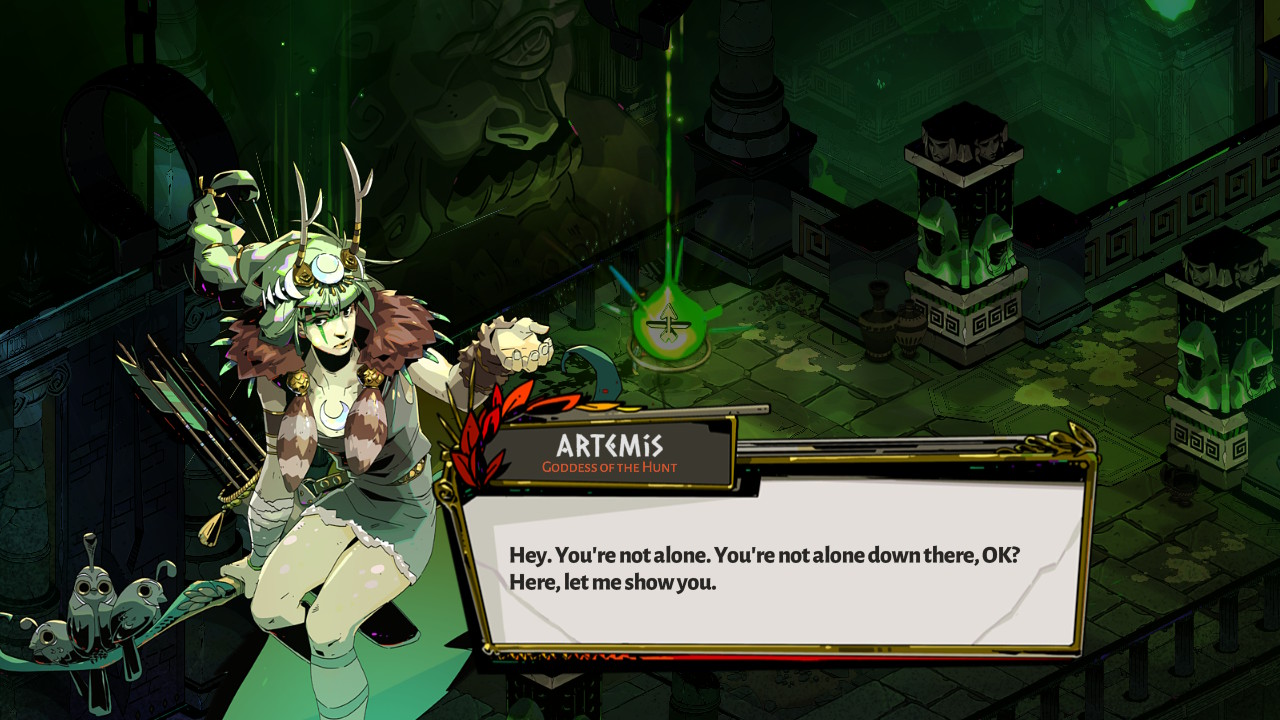
Hades is a game all about the struggle to break free from familial trauma. It’s a game about escape, futility, resentment, and coexistence. Each time Zagreus exits his chambers and enters Tartarus, he strives to get farther away from not only his father’s abuse and ideologies, but the person he is told he is and should be. To Zagreus, the promise of growing closer to some sense of validation and understanding is greater than the agony of both his father’s grip on him and death, so he chooses it. Again and again and again. This repeated trial and error is an exhausting yet cathartic process–a form of therapy, perhaps–and as he works through the underworld and his own thoughts, his perceptions of his father, family, and self change, and not always in the most expected of ways.
The further he progresses, the less angry and begrudging he becomes. The more he learns, the more he understands the motivations and nuances of his father and various family members. For all his father’s aggression, obstinacy, and vengeance, there is pain and caring. Pain he should resolve, of course, but pain all the same. His family of gods, while helpful, can be jealous, vengeful, and absolute messes. He discovers that while his father, Hades, took it too far to keep him apart from them, this choice was made in an attempt to protect Zagreus from the people who hurt him–including Zagreus’ mother Persephone.
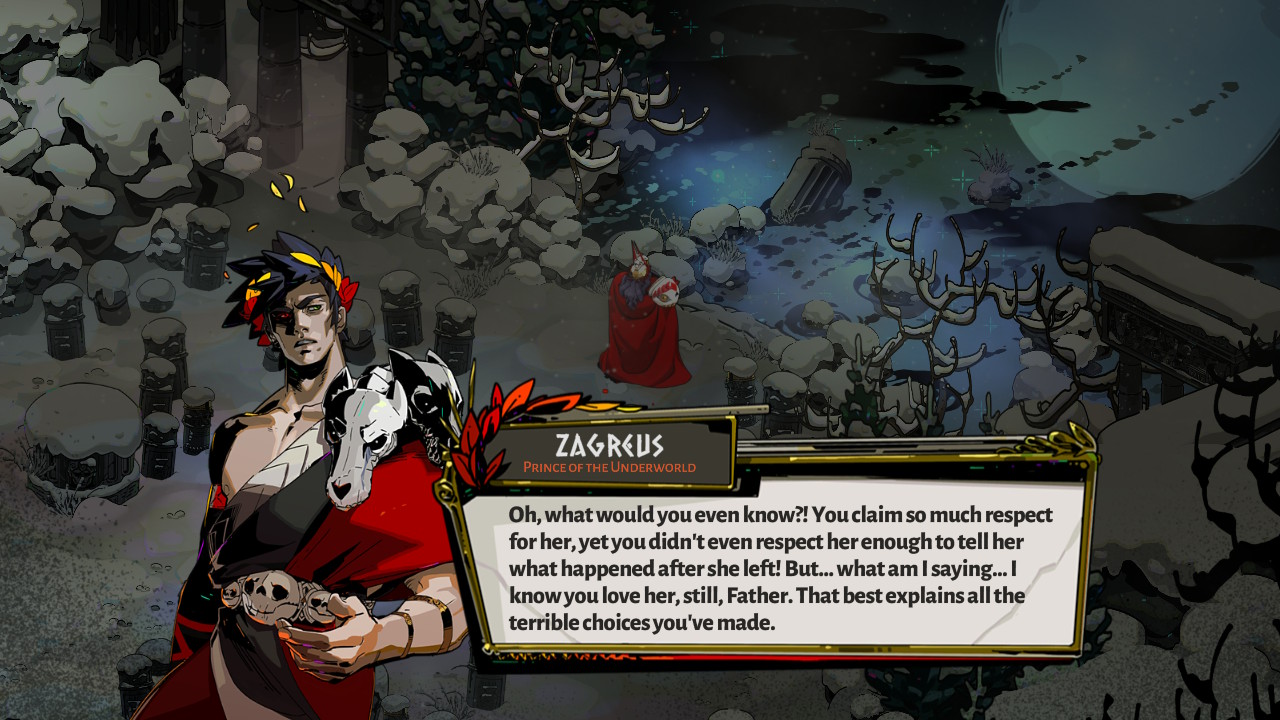
I think what makes Hades so compelling and resonant for me, however, is the strange purgatory of coexistence Zagreus’ exists in. His relationships with his family cycle between playful and antagonistic–critical and cheeky. There are points in which Zagreus truly hates his father–and for good reason–but he remains open to conversation and bound to him in the way children inevitably are to their parents. For many of us, including Zagreus, it’s not so simple to let go and “cut out toxic people,” even if we’re given the permission to do so. How can we when we understand them? When all we know is them. When we are a part of them. By the time the game “ends,” Zagreus has reached a place not of complete forgiveness, but enough has changed to where there is some semblance of acceptance–some semblance of peace. And he is no longer escaping–he has broken free of the ideology inadvertently bestowed upon him by Hades, one of aggression, obstinance, and evasion. He is acting with purpose and tolerance and has found his own place in the house of Hades, in spite of his trauma and relationships.
Zagreus’ journey leaves me both hopeful and envious. I seek that freedom from both you and myself. I long for finding a way to coexist. Because despite all the pain, I feel bound to you. When you were 14 years old you chose me and loved me in the ways you could, even if it wasn’t always what I needed. Living with you in my heart is so god damn painful. You’ve given me the worst parts of myself and drew them out slowly, all the while building me up and loving me in spite of them. I don’t know how to balance my gratitude with my anger towards you. I don’t know how to coexist as simply as Zagreus. I know there’s no escape, and we’ve been through too much to forgive and forget. Finding the middle ground is a struggle, one I repeat again and again and again.

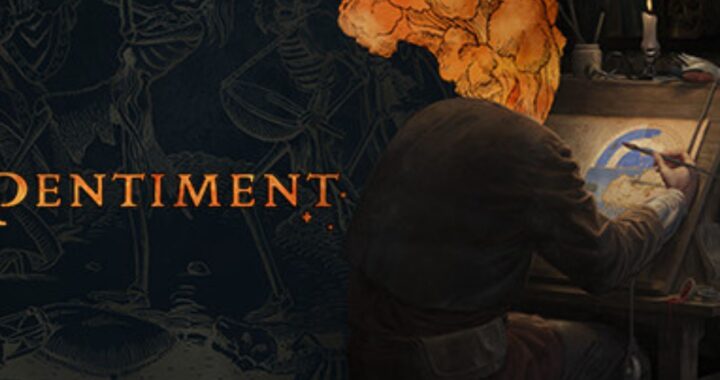
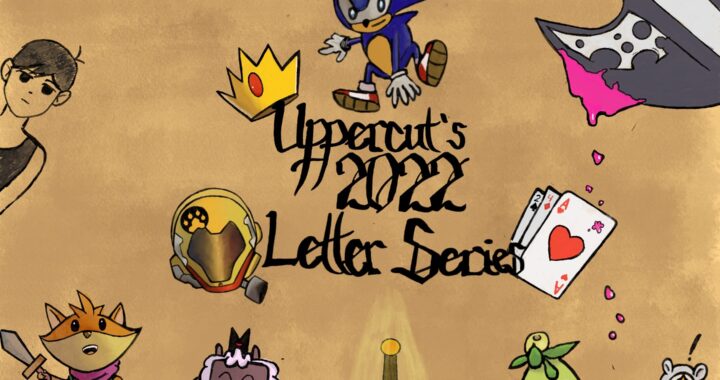
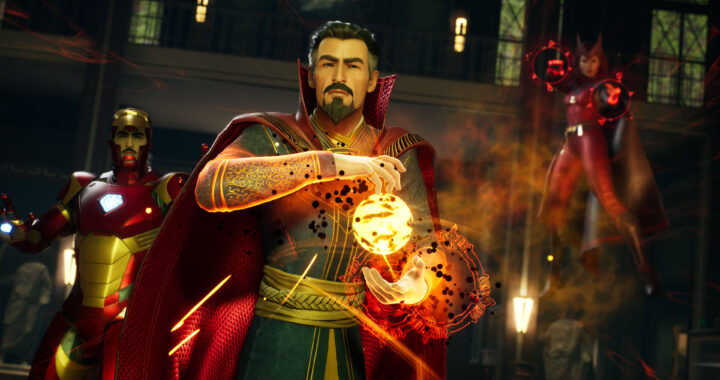
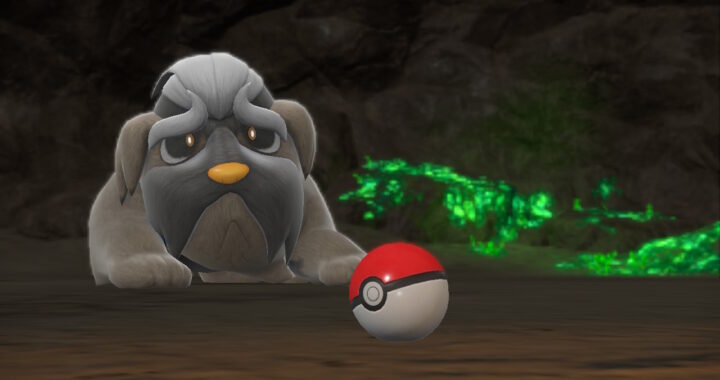
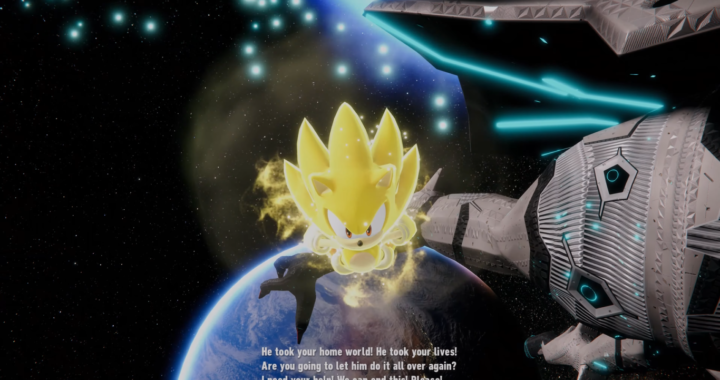
2 thoughts on “Hades: An Ode to Family Trauma”